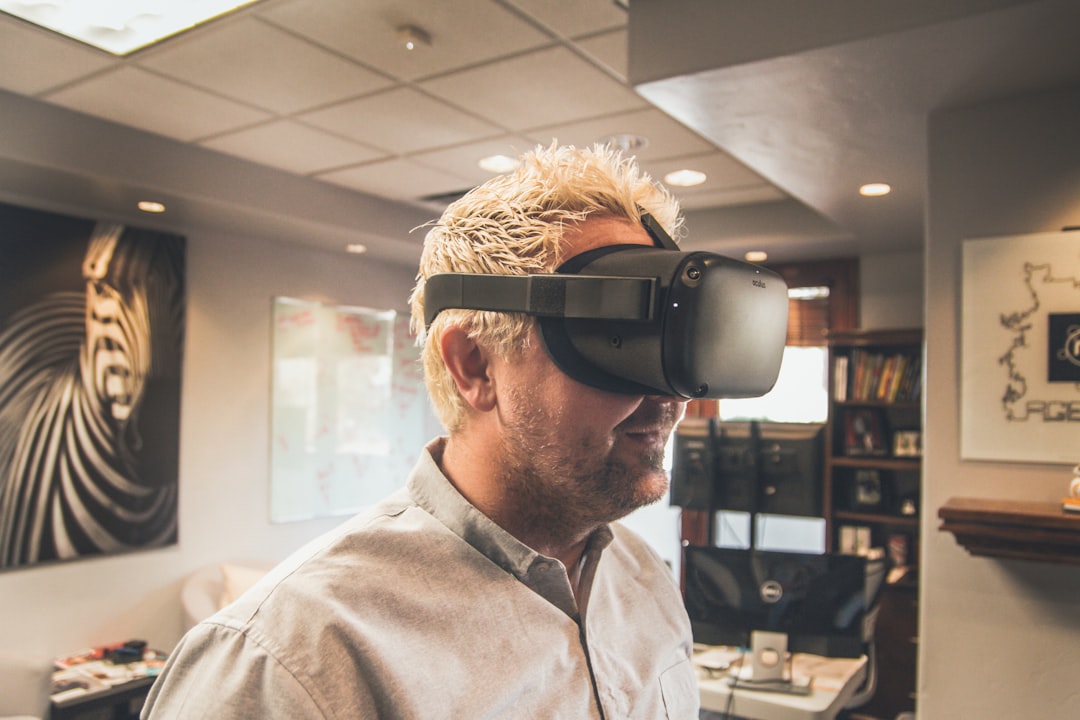As technology continues to advance, virtual reality (VR) has become an increasingly popular form of entertainment. From immersive video games to interactive experiences, VR offers users a unique way to engage with digital content. However, as this technology becomes more prevalent, questions have arisen about the ethical implications of virtual reality. How do we navigate this digital world ethically, particularly when it comes to VR gaming products?
One of the main concerns surrounding VR experiences in oakville is the potential for addiction. Just like any form of entertainment, VR games can be incredibly engaging, drawing players in for hours on end. This can lead to excessive screen time, neglect of real-life responsibilities, and even negative impacts on mental health. It is important for users to set boundaries and practice moderation when using VR gaming products to avoid these pitfalls.
Another ethical consideration when it comes to VR gaming products is the potential for desensitization to violence and other harmful content. In an immersive virtual environment, users may become more detached from the consequences of their actions, leading to a blurring of the line between fantasy and reality. Developers must be mindful of the content they incorporate into their games and consider the potential impact on players, particularly younger audiences.
Privacy is also a major concern in the realm of virtual reality. VR gaming products often collect a significant amount of data about users, including their movements, interactions, and even physiological responses. This data can be valuable for improving the user experience and personalizing content, but it also raises questions about privacy and consent. Users should be informed about what data is being collected and how it will be used, and they should have the ability to opt out if they are uncomfortable with the terms.
In addition, there are ethical considerations surrounding accessibility and inclusivity in virtual reality. Not all users have equal access to VR gaming products, whether due to financial constraints, physical disabilities, or other barriers. Developers should strive to create products that are accessible to a wide range of users, taking into account factors such as affordability, user experience, and inclusivity.
Overall, the ethics of virtual reality are a complex and multifaceted issue. As VR gaming products become more mainstream, it is crucial for users, developers, and policymakers to consider the ethical implications of this technology and work towards creating a digital world that is safe, inclusive, and respectful of individual rights and well-being. By navigating these issues thoughtfully and responsibly, we can ensure that virtual reality remains a valuable and enriching form of entertainment for all users.

